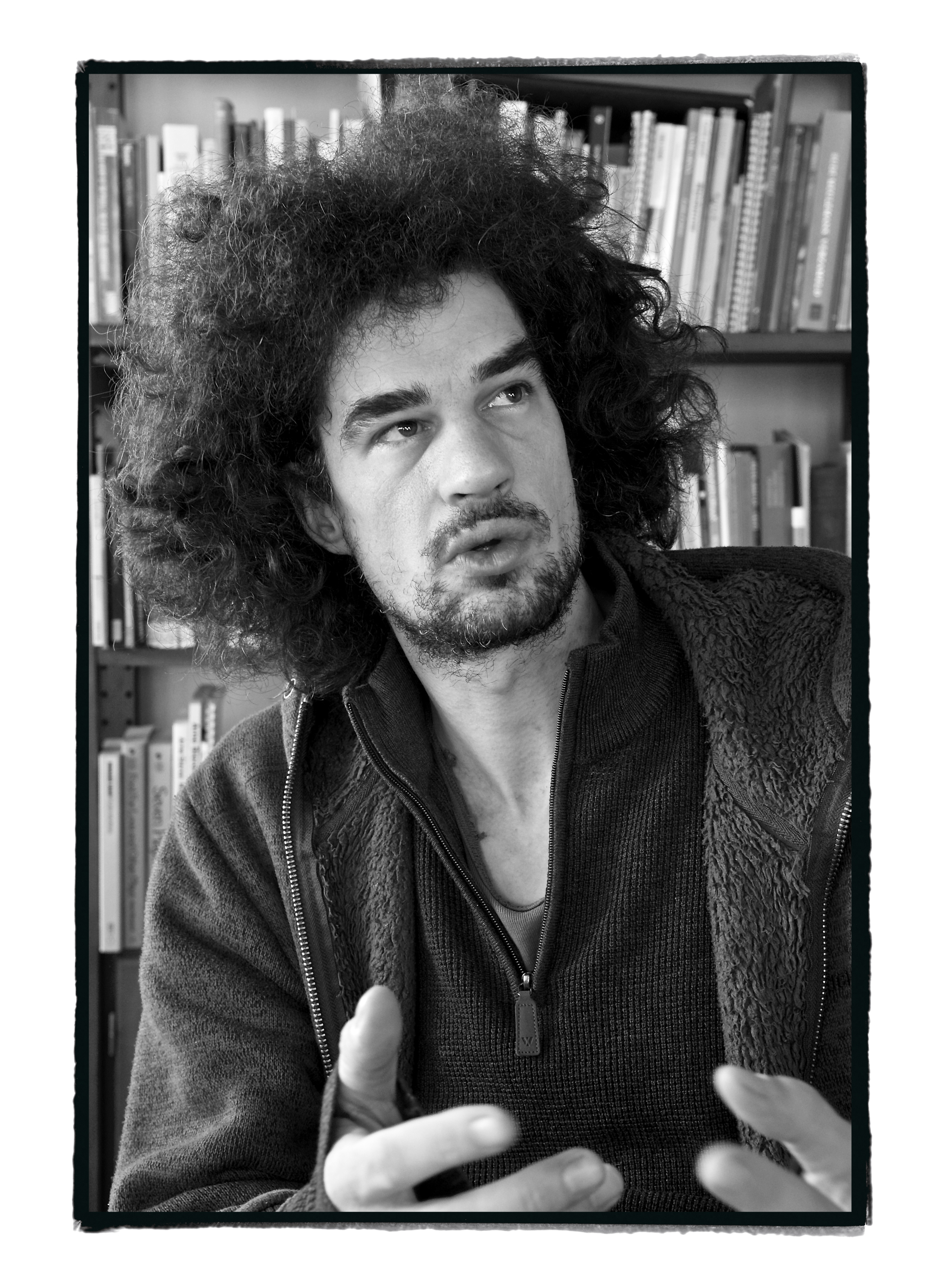What are the principal artistic and institutional shifts in recent Flemish theatre since 2000? Even for insiders, the contemporary (subsidised) theatre scene with its wide variety of productions and companies seems difficult to overlook. Still there’s a strong feeling that both on stage, in institutions and in theatre schools, new values and approaches are taking over the unspoken answer to the question 'what do we consider relevant theatre today?
Do we see a (definitive?) break with the 'postmodernist' frame of reference that left its mark on the Flemish theatre scene from the 1980s onwards, thanks to the power of what internationally was perceived as 'the Flemish Wave’? Or is the growing attention to social themes, ethical considerations, documentary and participatory practices... in the creation and presentation of theatre only a variation on earlier tendencies? Is there really a 'generation conflict' at play, as you sometimes hear? And does this constitute a new art regime? Or is the idea of ‘renewal’ itself outdated?
This research does not aim for an all-included historiography of Flemish theatre between 9/11 and covid-19, but rather – in direct dialogue with practitioners and analysts – for the first lines of a more nuanced interpretative framework for what is happening and has happened in Flanders in the 21st century, both before and behind the scenes. After 20 years, it’s about time.
(Image: If nobody is watching, who are you performing for? A stage makes no sense without an audience. That is precisely why the Opera Gran Teatre del Liceu in Barcelona reopens with a concert for plants. The green audience fits the red seats perfectly. Whether the plants grow better because of the music is doubtful. And the musicians cannot expect applause either. But with this amusing image, the sector in crisis does attract attention in a playful manner.)





